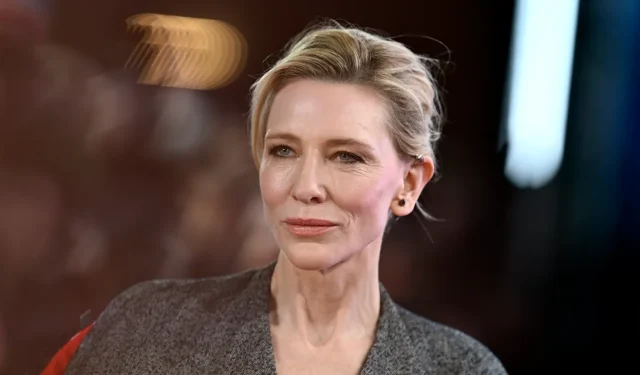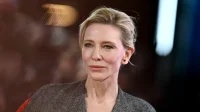Cate Blanchett Discusses Hollywood’s Evolving Landscape for Women
Academy Award-winning actress Cate Blanchett has recently shed light on the significant changes in ageism and sexism within Hollywood since the inception of her career. During a conversation with Business Insider, the talented performer noted that when she first entered the industry, female actresses had an average shelf life of merely five years.
A Shift in Opportunities
At 55 years old, Blanchett has seen and experienced the evolution of the entertainment landscape. Having made her debut in the 1990s, she has since built an impressive portfolio, collecting two Academy Awards for her roles in The Aviator and Blue Jasmine.
The Role of Female Creatives
Blanchett recognizes the positive impact of increasing female representation behind the scenes. She stated, “Female producers have more agency. There’s more females in the writing room, and the more diverse the industry is at a base level, the more exciting it is for audiences.”This shift not only empowers women but also contributes to richer narratives across all genres.
Ongoing Concerns Regarding Ageism and Sexism
Despite the progress, Blanchett candidly noted that ageism and sexism persist across all industries, but the entertainment sector is uniquely impacted because of its public nature. She is not alone in her observations; many actresses, including Glenn Close, Niecy Nash, Jamie Lee Curtis, and Kirsten Dunst, have voiced similar concerns about the persistent challenges female performers face.
Challenges Faced by Women in Film
Kirsten Dunst, for instance, took a two-year hiatus from acting, citing a lack of appealing roles for women of her age. Dunst remarked, “There’s definitely less good roles for women my age,”reflecting the broader struggle for meaningful representation in film.
Reimagining Industry Events
Recently, Blanchett made waves with her suggestion on the podcast Las Culturistas, where she proposed that prestigious awards ceremonies like the Oscars consider returning to a time when they were not broadcasted live. “Bring that back and just have a great party where people can just let go,” she elaborated. Blanchett emphasized the current scattered state of the industry, which she sees as both daunting and promising, advocating for a collective celebration of artistry beyond the pressures of public scrutiny.
“I mean the industry is so scattered and at such a point… which I think potentially could be exciting or could really be depressing, but it’s at a pivot point, and so we need to gather together and celebrate what it is that we do, without it having to have any public-facing.”
Blanchett’s insights highlight an ongoing dialogue about the representation and treatment of women in Hollywood, drawing attention to the need for continued progress in creating an equitable environment for all artists.


